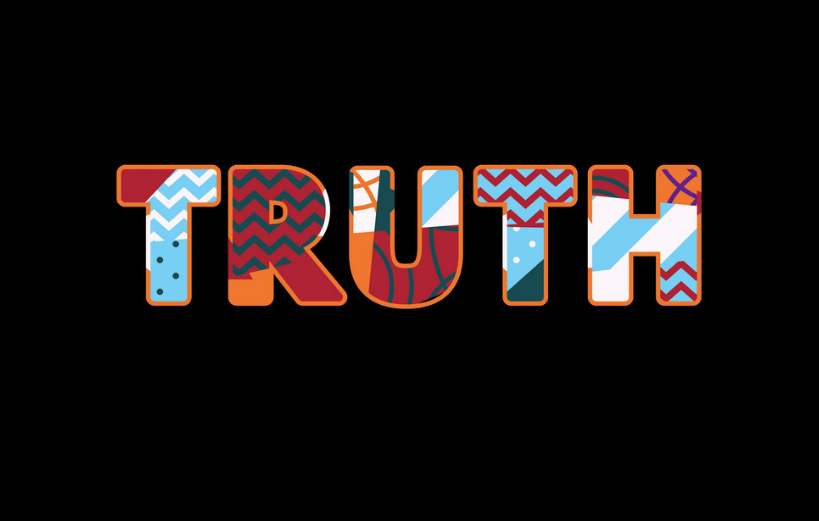
So am I very worried? Yes, I am. I have just finished reading a book by Masha Gessen —Surviving Autocracy— that in my thoughts may become prophetic.
I am a professor of literature who, unlike Jonathan Swift, would have taken Sir Francis Bacon’s side in the "Fable of the Spider and the Bee.” Like Bacon, I like to distinguish the difference between “men of experiment" and "men of dogma.” I trust the former.
I have never been a political animal. In fact, in today’s world, I have liked both donkeys and elephants, depending on what animal we needed at a given time in history. The problem today, however, is that empirical truths and scientific methodology are being trampled by modern, dogmatic Luddites. This affects everyone, so we must all jump into the argument. Silence is not an option.
Why and how is this old argument of science versus dogma, whose genesis can be traced to the Seventeenth Century, coming to the forefront today? A good answer to this age-old question can be found in Masha Gessen’s aforementioned book, at least for me.
As Gessen shows, autocracies have a dynamic evolution. They develop in three stages: (1) autocratic attempt, (2) autocratic breakthrough (which is happening now), and (3) autocratic consolidation ( which could happen if Trump gets re-elected). Although the author says that a few of her observations are derived from other sources, her narrative, as she develops ideas and concepts, is riveting.
Autocracies are dogmatic and exclusive and democracies are open-ended and inclusive. The aspect that’s most interesting to me in Gessen’s book has to do with language and the cultural changes which are manifested in a language and in its meaning during a transition from democracy to autocracy. This is best expressed by the following quotation from Gessen’s book which applies to almost everything that is happening today, including language: “The outrageous is rendered ordinary.”
If Gessen’s words are applied to our present usage of language within the current political discourse, the outrageous comments of “el señor Presidente” have ceased to offend us. Our outrage has become ordinary, a part and parcel of our ordinary discourse.
Democratic discourse is characterized by the inclusion of most aspects of culture; its appeal relies on promoting reasonable ideas that can be accepted by a majority of the people. However, Trump’s use of language emphasizes the negative and oppressive aspects of autocracy. Trump has saturated our culture with negative images of those who would get in his way. He thereby undermines familiar language conventions. As a result, our language and our culture of liberal democracy are being undermined by a president whose outrageous behavior has become palatable to many.
The language and imagery we have always used to describe bad actors and bad actions have lost their ability to repulse us. In a parallel manner (as I have inferred from Gessen’s book) the terminology we have used historically to define democracy is presently failing us whenever we try to discuss the autocratic evolution happening in our country right now.
Languages are dynamic, living entities whose meanings and imageries evolve as quickly as cultural and generational changes happen. In fact, I would argue that culture is language. For example, one may consider the evolution of words such as “gay,” “gender,” “bad,” “hook up,” “cell,” to name a few contemporary words whose meaning has changed within our culture. Our present culture is being defined and recast by those new meanings.
Likewise, one may consider the evolution of political discourse also as being dynamic. And our ordinary language meanings and our understanding of national democratic institutions have become the victims of Trump’s autocratic impulses by his wholesale appropriation and “gaslighting” of our political language.
I’m indeed worried because our liberal democracy is a fragile, written concept; it comes from an old Constitution not read or understood by many contemporary people who would rather follow a “live leader” rather than a document’s abstract thoughts.
Trump’s tactics have been used before by “leaders” such as Castro of Cuba, Stalin of Russia, Hitler of Germany, Johnson of Liberia, etc. to destabilize governments.
Having traveled widely, I have witnessed the cultural movement toward autocracy several times.
So I pray this does not happen to our United States. We must hold strongly to the ideals of our Constitution and emphasize democratic inclusiveness within our contemporary political discourse as an antidote to the country’s autocratic evolution being orchestrated by Trump.
The Professor